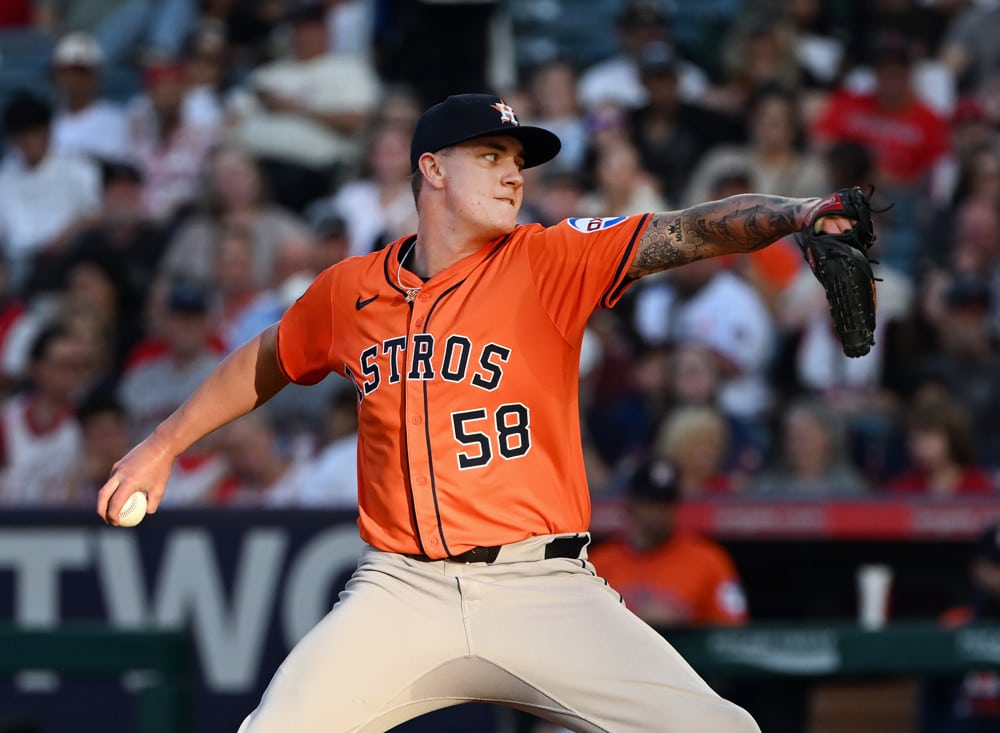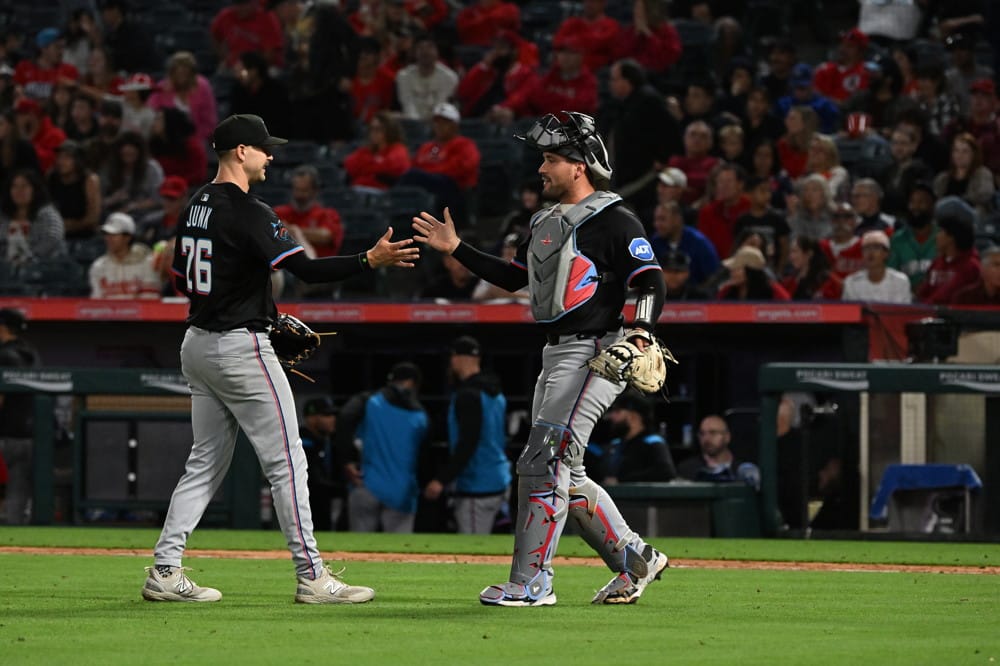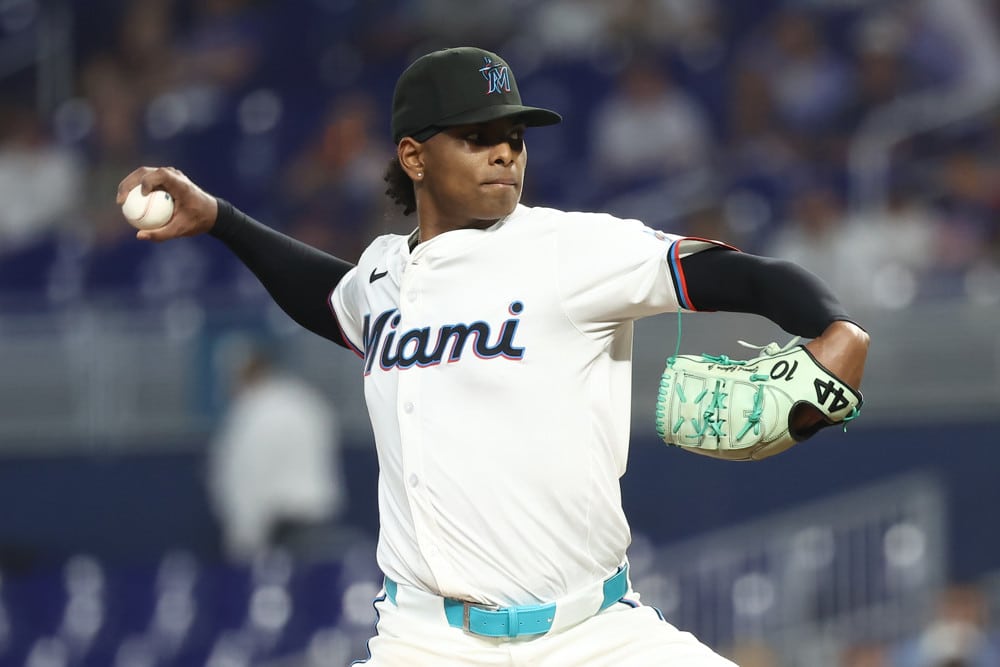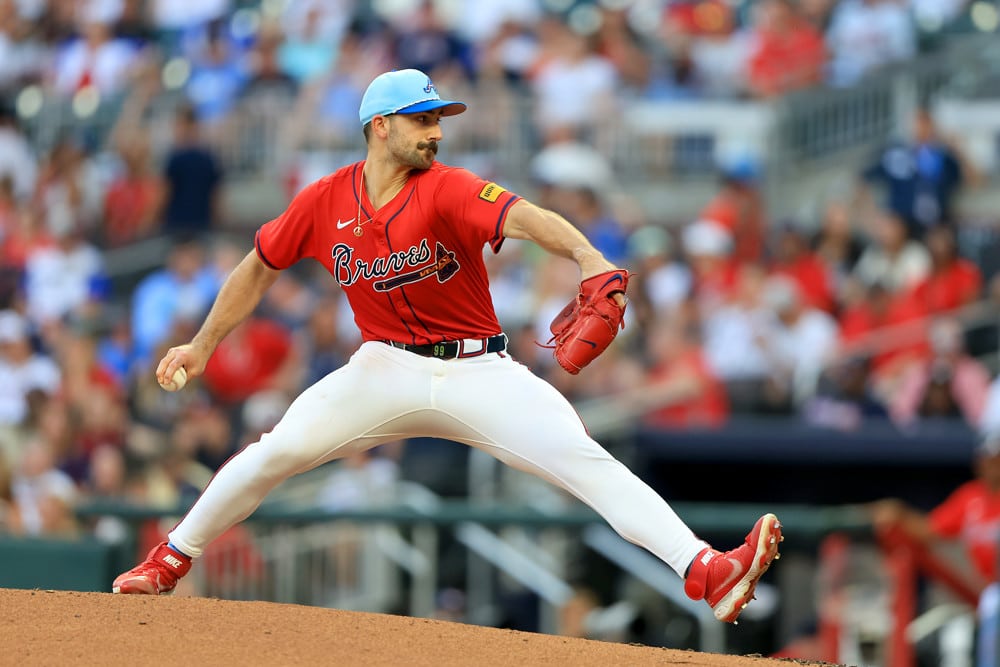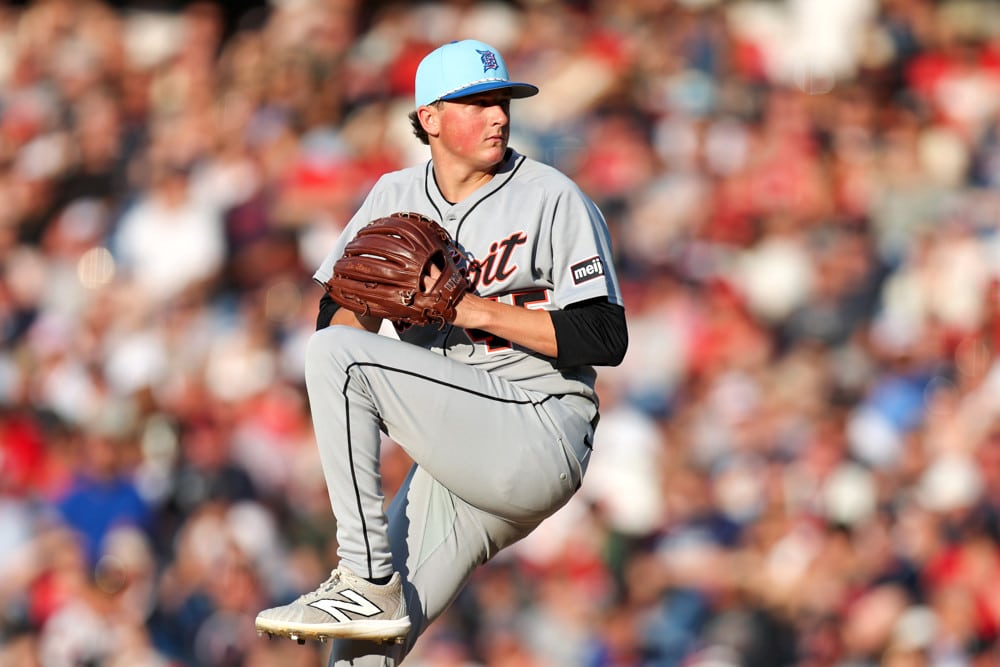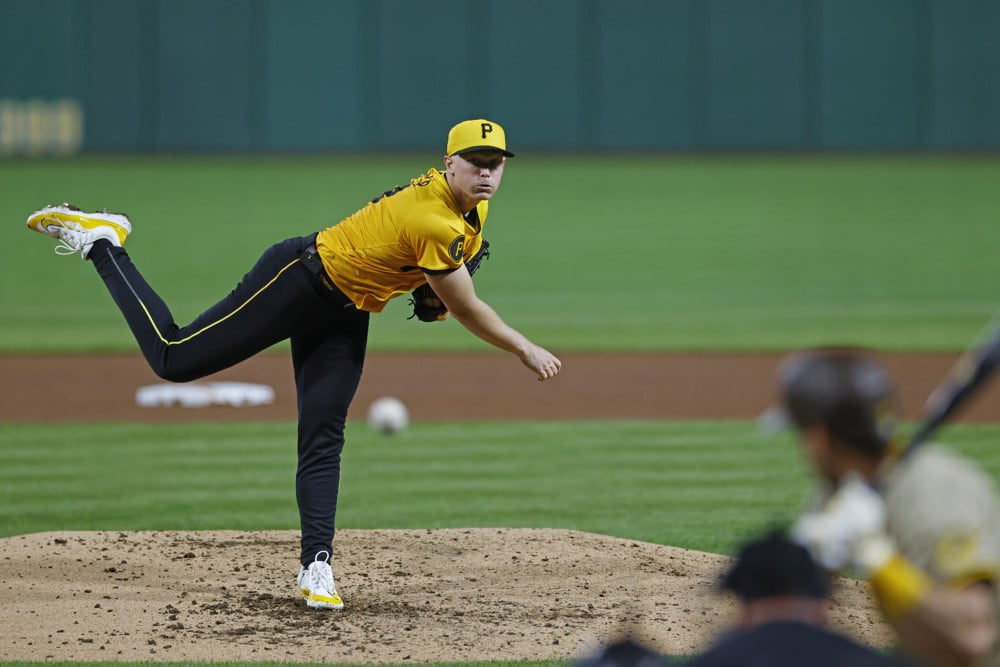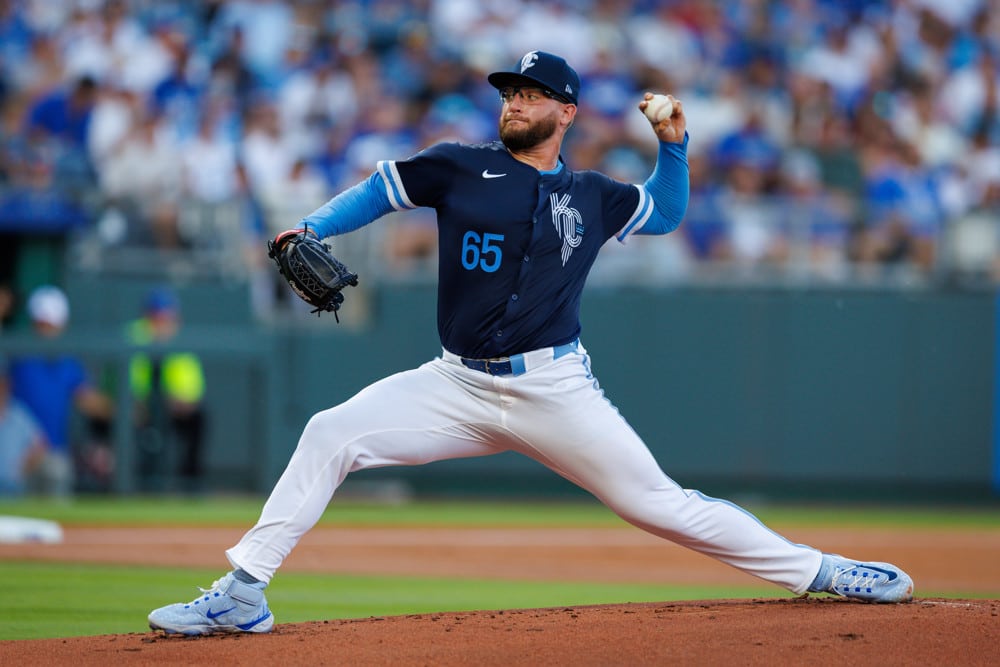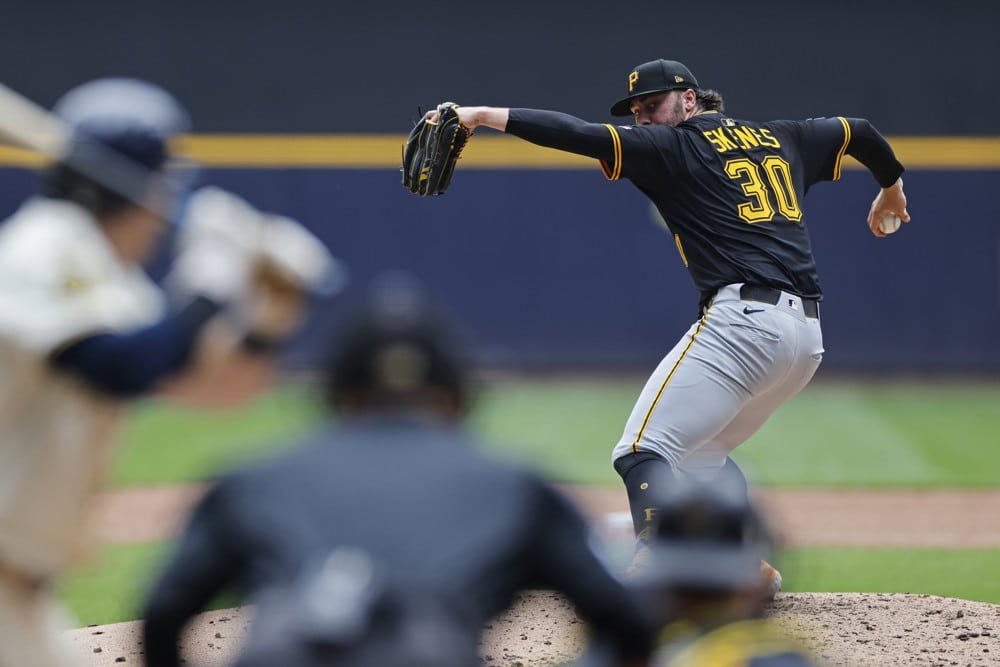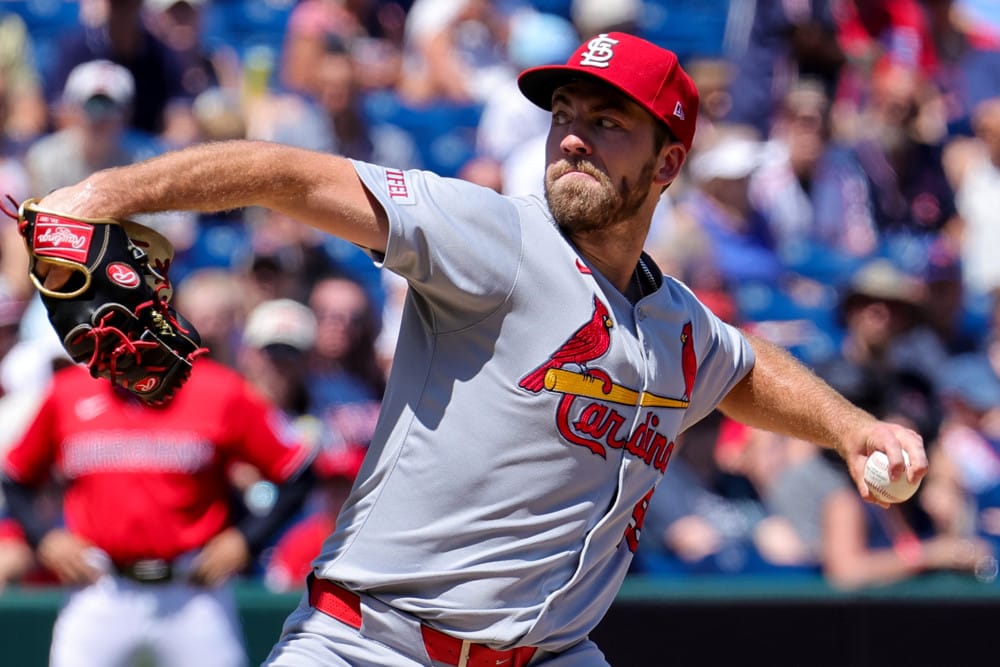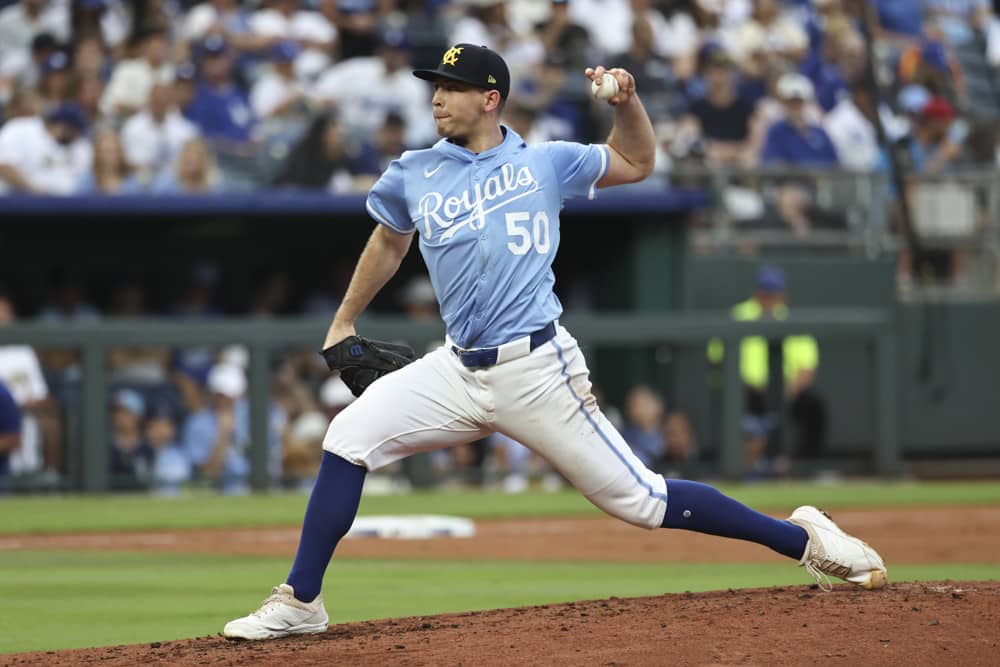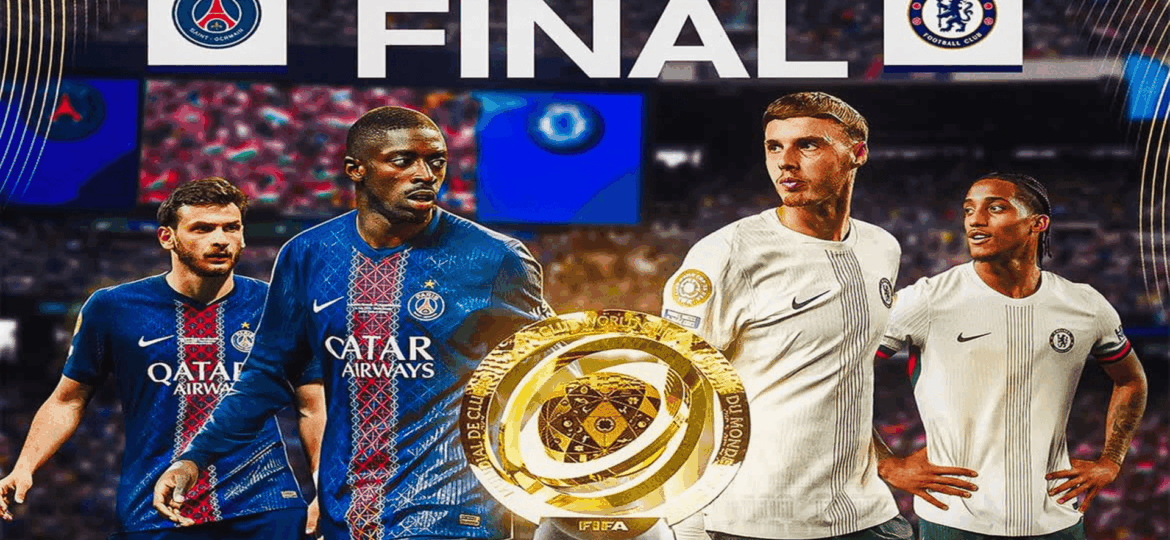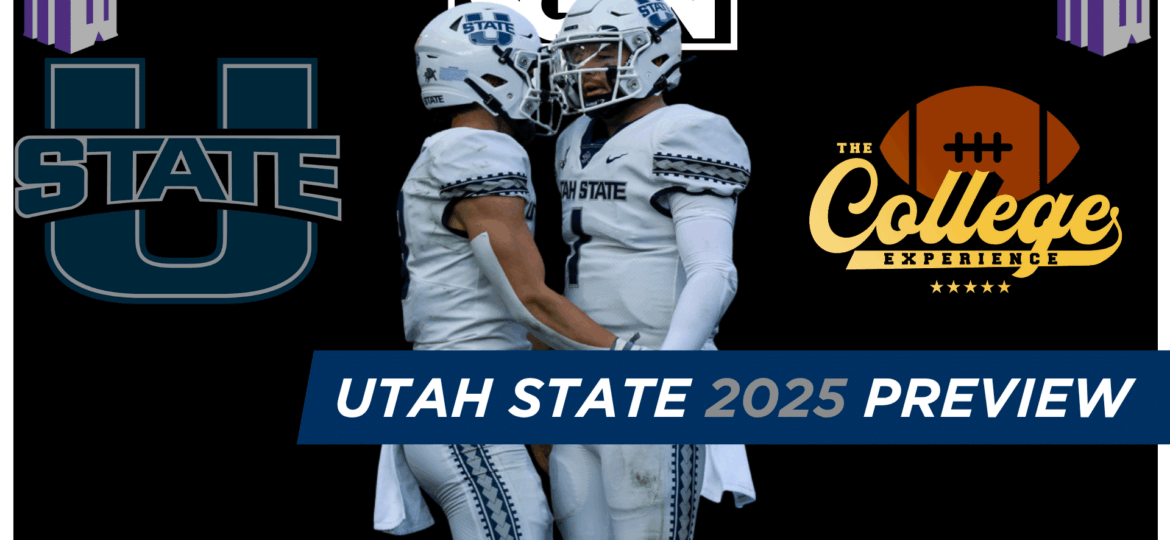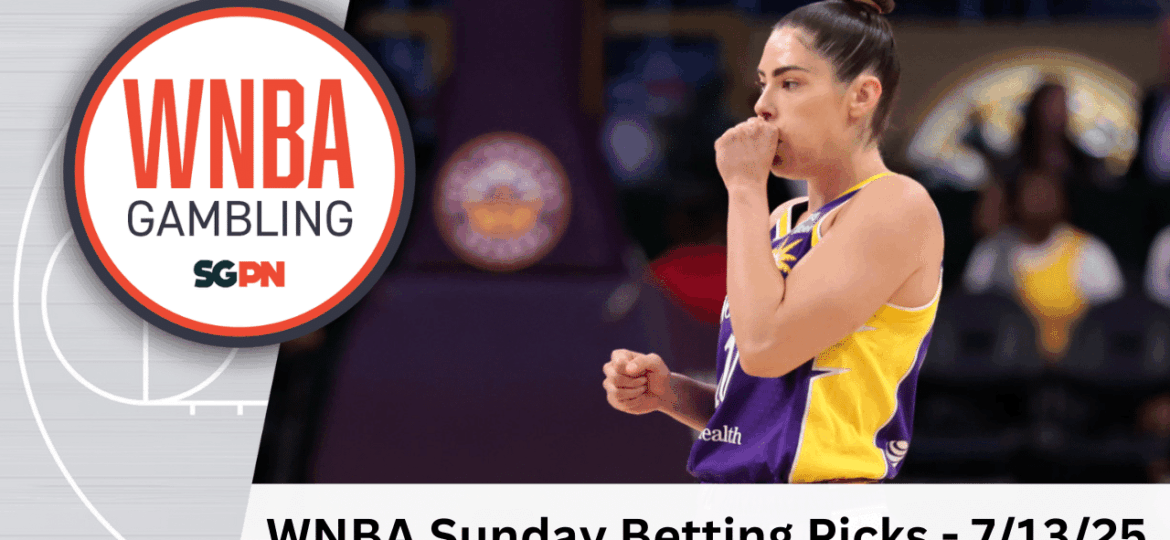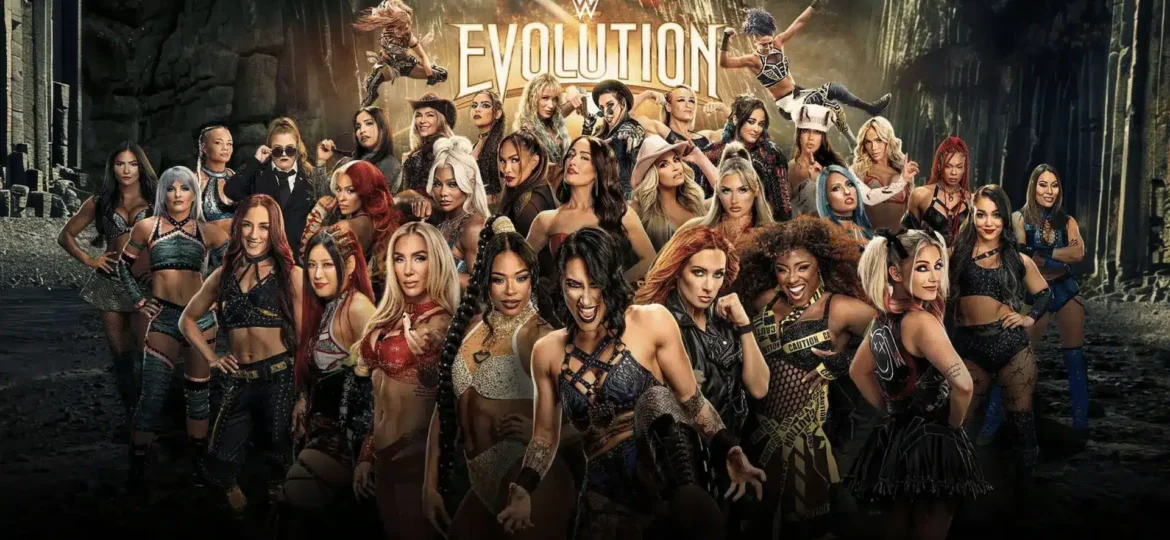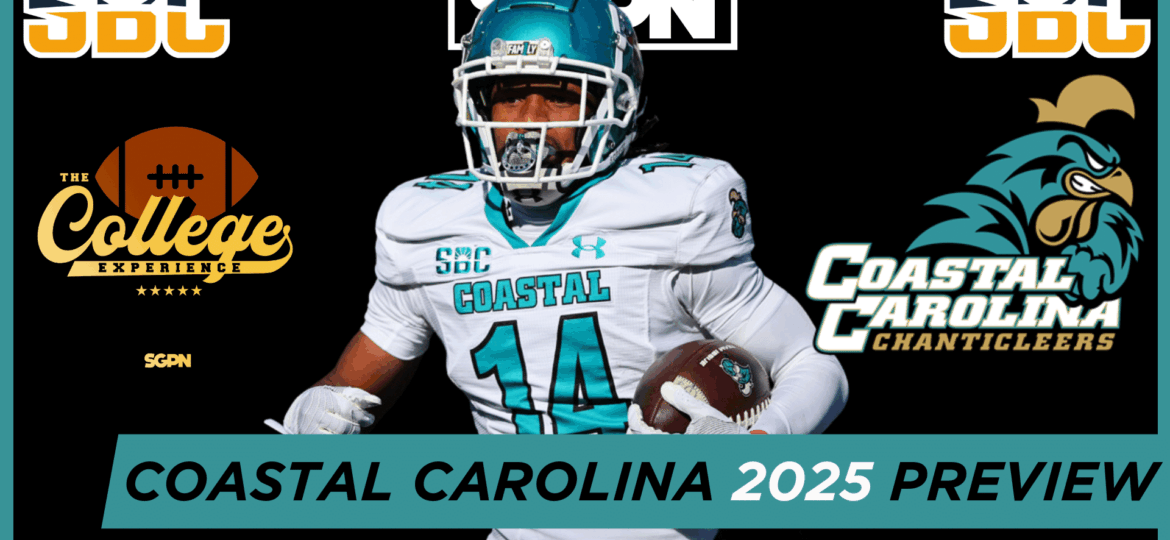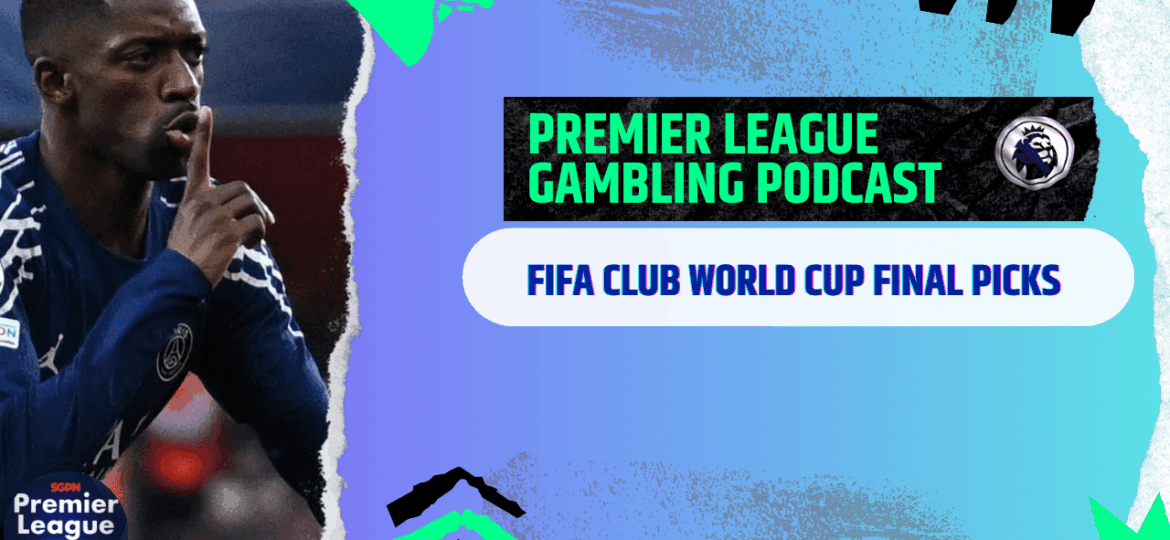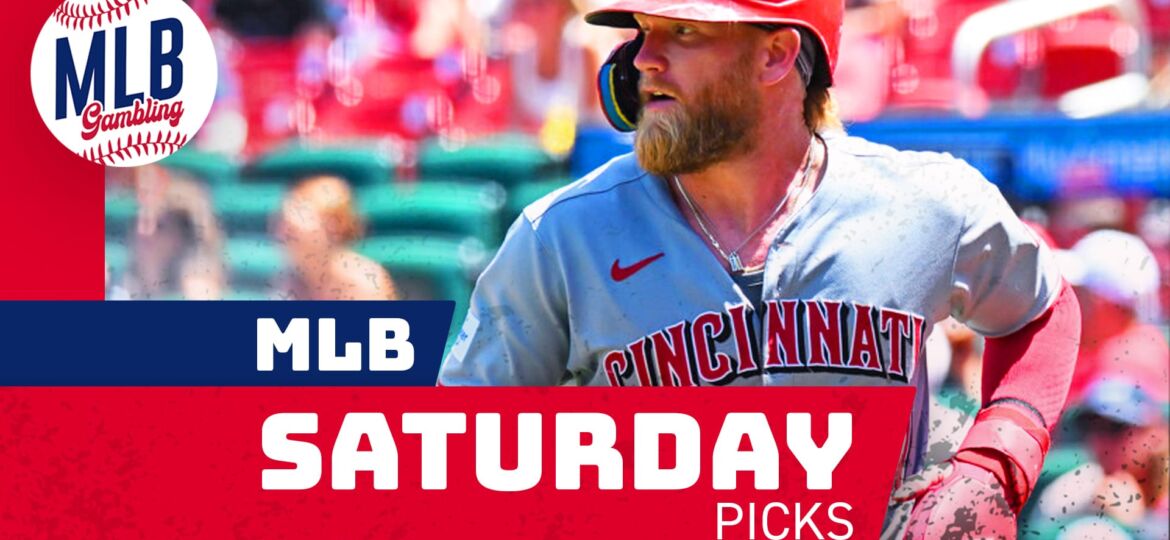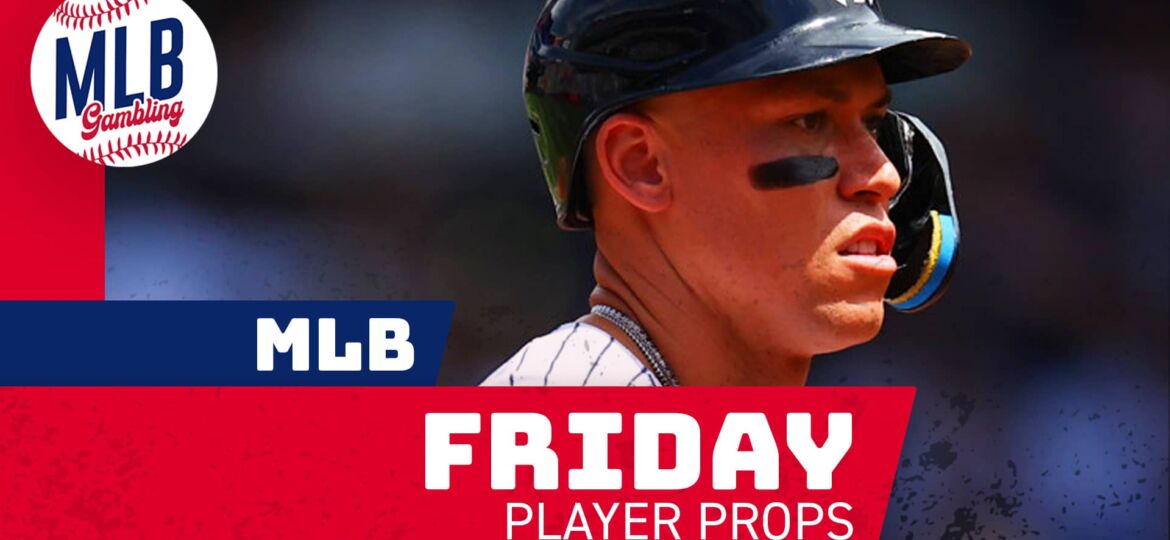In 1994, the last major baseball strike took place. The players and owners each pointed fingers directly at the other when assigning blame. However, it soon became epically clear the mudslinging fell on deaf ears. Fans universally expressed the exact same viewpoints. Namely, everyone involved were greedy bastards.
Owners were vilified as out-of-touch billionaires willing to deprive the country of America’s pastime to squabble about percentage points while players were chastised as spoiled millionaires who bastardized the game into an ugly money grab. The fans were exhausted by the process and sickened by the results. And the blowback was real.
When the game finally came back, attendance plummeted. Those who did show up often did so to throw pacifiers or dollar bills at the players. They held up signs that didn’t celebrate the return but rather reinforced the vitriol. Many declared they were flat done with baseball, and for a long time, those did not appear to be idle threats. Were it not for an unprecedented explosion of home runs, baseball may have been set back for a significantly longer period of time.
COVID-19 has laid waste to countless institutions of American society. Jobs were lost, people were sick, everyone was suddenly isolated at home watching what seemed to be the opening sequence of a post apocalyptic movie. Suddenly everything came with a heavy dose of uncertainty. Unfortunately, in these sorts of times, people often revert to ugly scenes of self preservation (see: the great toilet paper battles of March 2020).
Due to this hysteria, until this week, it very much appeared that the calamity of the pandemic threatened to make those in the world of Major League Baseball forget about the lessons of the ’94 strike. Agreeing to a collective bargaining agreement once again reach what seemed to be an ugly impasse.
Then something silently amazing happened. And no one is talking about it.
The “evil” billionaires comprising the ownership group of Major League Baseball …..accepted a loss. In fact, one that could end up to be a tremendous loss.
Why? Simply in order to allow the game to be played (perhaps that is slightly romanticized, but they did an amazing thing nonetheless). This is no small development. One doesn’t make a billion dollars by backing down or repeatedly appealing to nostalgic whims above bottom lines. But make no mistake, the owners alone stepped up to the plate and put the game in front of all else.
Despite the proffering of several red herrings about player safety, make no mistake, sticking point between owners and players negotiations regarding the commencement of baseball was about exactly one thing: money. Pure and simple.
The players demanded that they be paid a prorated portion of their salary based upon the number of games played. Which, on a general level, seems reasonable. However, it wasn’t.
When each of those contracts were signed the agreed upon salaries were calculated pursuant to an equation which included hundreds of millions of dollars in revenue derived from ticket sales, parking fees, food, drinks and merchandise all sold at each of the 162 games played.
Yet, when baseball shortly resumes, the stadiums will be largely empty. Ticket sale revenue will be reduced by 75% or more. The vast majority of parking spaces will be empty. Depending on the agreed to protocol, the food and beverage numbers could literally be zero. In any event, even under a best case scenario, these figures will ultimately represent a minuscule fraction of the revenue which was expected when the contracts were signed.
Nonetheless, the owners have agreed to pay the players their full prorated salaries. Initially, they requested the players partner with them in absorbing these losses- which was not insanely unreasonable. It’s fairly simple math. At the end of the day the two parties mutually benefited from the proliferation of the game. The players flat refused. Empty stadiums are your problem.
Thus, in terms of percentages, the players are incurring no loss. Their per game check will read exactly the same as it would if no one had ever heard of the coronavirus.
On the other hand, the owners will be paying those salaries while collecting next to nothing in game-day revenue. They alone will shoulder the burden. In fact, in several small markets who do not enjoy the top value tv deals, there is a significant chance those owners will finish this season at an operating loss. Meaning, they just negotiated a deal that could very well see them lose a ton of money. Whereas if they simply said no, and allowed the season became a wash, they would have literally come out in a financially superior position.
No one ever roots for Goliath. Fewer ever compliment him on a task well done. But that is the day all baseball fans should appreciate their local corporate giant. As the financial overseers of the league, it’s easy to disparage the owners. They represent “the man.” They are a class of people that most of us could never even contemplate being apart of. As the little guys, we instinctively root against them and applaud when someone gets over on them. It’s the same reason so many people dawn a big mischievous shit eating grin each year on Bobby Bonilla day. I get it.
However, I am also a firm believer in giving credit where credit is due. In this situation, the owners had the foresight to realize that right now— the country NEEDED baseball, perhaps more than in any other period in American history. Despite the relentless tornado of horse shit that has been beating us all down, they had the wherewithal to not forget their history lessons.
In the end, the billionaires did perhaps the most un-billionaire thing ever, they chose the people over the money. The players didn’t. They didn’t give an inch. They demanded their full prorated salary and would not accept a single penny less. Therefore, it would have been easy for the owners to use the argument that any proper negotiation involves both sides giving ground to reach a mutual solution. Yet, the players refused to give up the price of a sandwich, even when the country was on its knees, and for that they should be admonished. But they didn’t. They remembered 94. The owners took the high road. They realized that time was running out and the game was more necessary than ever. So, quietly, without fanfare, accolades or so much as a pat on the back, they agreed to shoulder the burden and the full balance of risk.
As a fan, to the owners, my hats off to you. Silently, you saved the season in its time of crisis. On this day, it’s ok to clap for Goliath.


